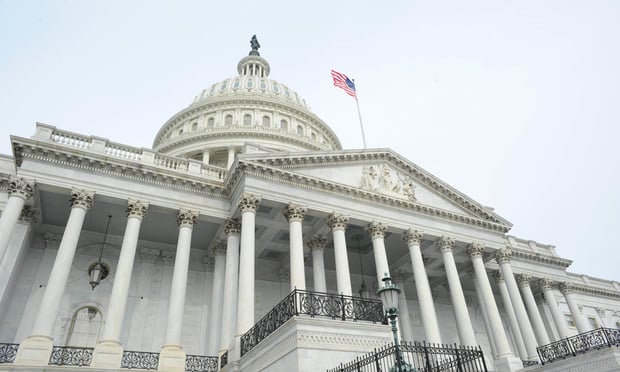Unfortunately when tragedy strikes not only the compassionate and generous come out of the woodwork. From e-mails disguised as a message of peace that turns out to be a virus, to fake charities, criminals are ready to take advantage of the tragedy of September 11. Listed below are a few tips to help protect members-particularly those most preyed upon such as the elderly: Before making a donation, be certain that the money is going where it should. Just because someone claims they are raising money on behalf of a charity does not mean the money will get into the right hands. Be aware of warning signs such as – a request for a credit card number; use of a similar sounding name that suggests a well-known charity; offering to send someone to pick up contributions; expecting payments for gifts like greeting cards and address labels; threatening to report to credit bureaus if pledges are not paid; and failure by the solicitor to explain the operation's administrative costs and programs; If the organization asking for money is not familiar, take the time to get more information. Always ask for the charity's full name, address, and telephone number and find out how much of the donation actually goes to the charitable cause. Also ask for written information about the program. Protect those charitable dollars. Write a check instead of using cash; make contributions payable to the charity not the fundraiser; don't release credit card numbers, social security numbers, or other personal information over the phone; and if donations are tax deductible, get a receipt. Source: AARP
© 2025 ALM Global, LLC, All Rights Reserved. Request academic re-use from www.copyright.com. All other uses, submit a request to [email protected]. For more information visit Asset & Logo Licensing.







